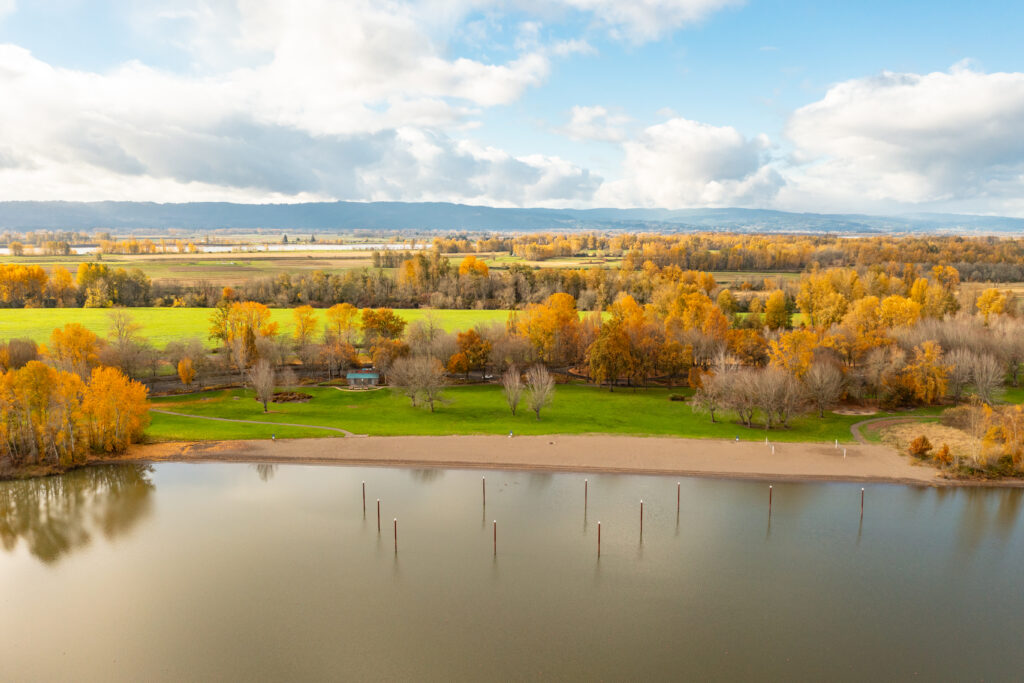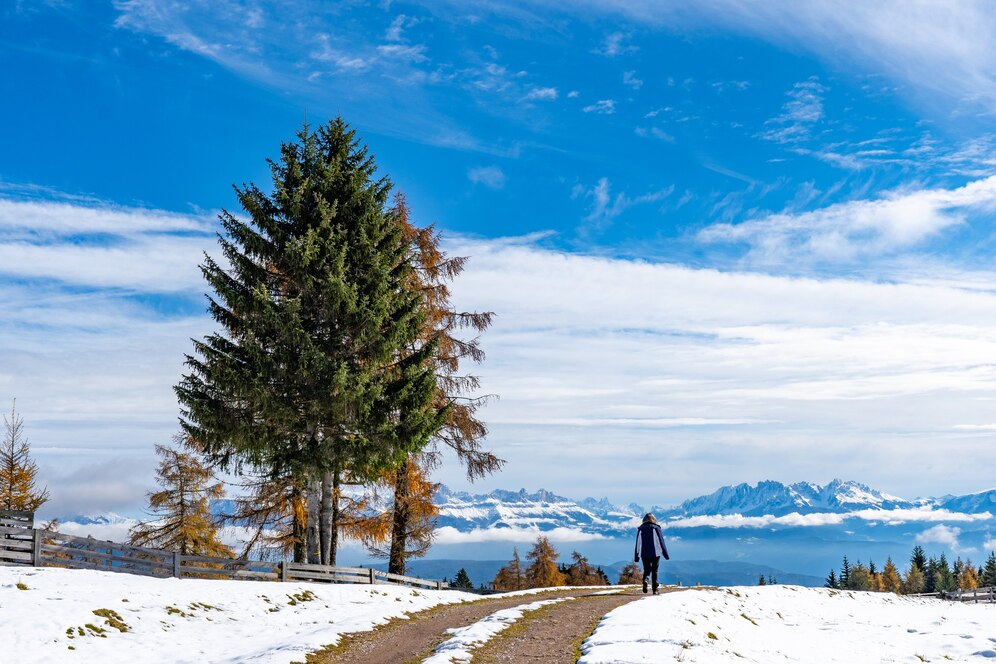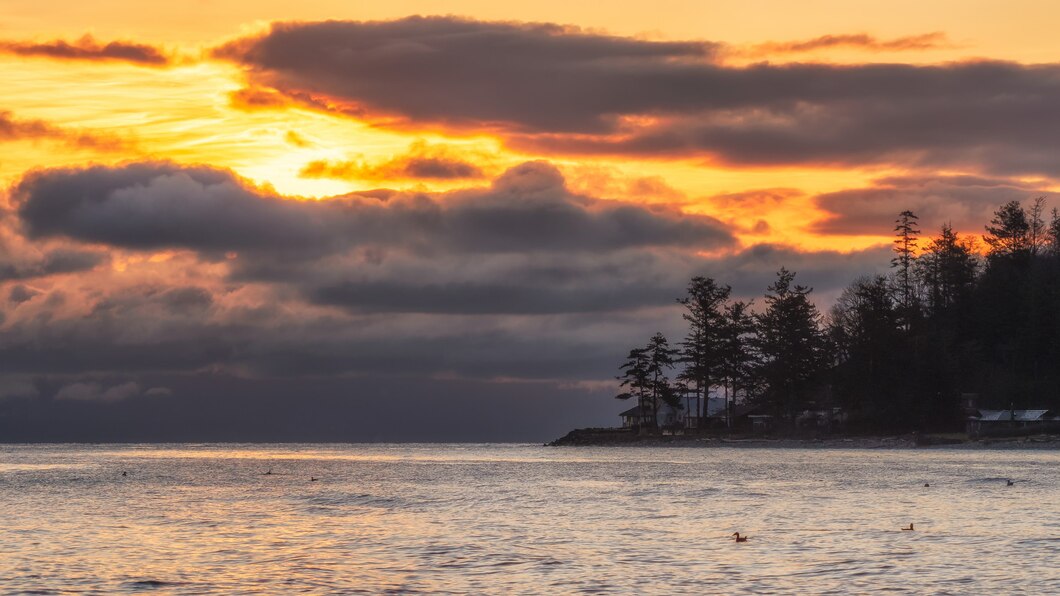Weather Vancouver WA, Washington, is a beautiful city located in the Pacific Northwest. It offers stunning views of mountains, rivers, and forests. The weather in Vancouver is an important topic for both residents and visitors. Understanding the local climate helps people plan their activities, whether it’s enjoying the outdoors or preparing for rain. This article will explore the weather patterns in Vancouver, WA, throughout the year.
Many people wonder what kind of weather to expect when they visit or move to Vancouver. The city has a temperate climate, meaning it has mild temperatures and varying precipitation. Knowing the average temperatures, rainfall, and seasonal changes can help anyone appreciate the natural beauty of Vancouver.
Understanding Vancouver’s Climate

Seasonal Changes in Weather Vancouver WA
Vancouver experiences four distinct seasons: spring, summer, autumn, and winter. Each season brings its own unique weather patterns.
- Spring (March to May): Spring in Weather Vancouver WA is mild and refreshing. Temperatures start to rise, ranging from 45°F to 65°F (7°C to 18°C). Rainfall is common, especially in March and April. Flowers bloom, making the city vibrant and colorful.
- Summer (June to August): Summer is warm and sunny, with temperatures typically ranging from 55°F to 80°F (13°C to 27°C). This is the driest season, with less rain. Many outdoor activities take place during summer, like hiking, picnics, and festivals.
- Autumn (September to November): Autumn brings cooler temperatures and beautiful fall foliage. Temperatures range from 45°F to 70°F (7°C to 21°C). Rain starts to increase, especially in late October and November, as the city prepares for winter.
- Winter (December to February): Winters in Vancouver are generally mild and wet. Temperatures range from 35°F to 50°F (2°C to 10°C). Snow is rare, but the area can experience rainfall and cloudy skies. People often enjoy cozy indoor activities during this time.
Average Temperatures and Rainfall
Understanding the average temperatures and rainfall can help residents and visitors prepare for each season. On average, Vancouver receives about 36 inches (91 cm) of rain annually. Most of this rain falls between November and March. The summer months are typically dry, making them perfect for outdoor fun.
Here’s a brief look at the average temperatures in Weather Vancouver WA by season:
- Spring: Average high of 60°F (16°C) and low of 40°F (4°C).
- Summer: Average high of 75°F (24°C) and low of 55°F (13°C).
- Autumn: Average high of 65°F (18°C) and low of 45°F (7°C).
- Winter: Average high of 48°F (9°C) and low of 35°F (2°C).
By knowing these averages, people can dress appropriately and plan their activities.
Activities Based on Weather

Outdoor Adventures
The Weather Vancouver WA allows for a variety of outdoor activities year-round.
- Spring: With mild temperatures, spring is great for hiking in nearby parks. People can enjoy the beauty of blooming flowers in parks like Fort Vancouver and Esther Short Park.
- Summer: Summer is the best time for outdoor fun. Residents love to visit local beaches, go kayaking on the Columbia River, or take long walks on the waterfront. Festivals and events are plentiful during this season.
- Autumn: As the leaves change colors, autumn is perfect for scenic drives and hikes. Visiting pumpkin patches and enjoying fall festivals are popular activities. It’s also a great time to go apple picking in nearby orchards.
- Winter: Although winter is mild, it’s still a good time for indoor activities. Many people enjoy visiting local museums, art galleries, and cafes. Some even take short trips to nearby mountains for winter sports, although snow in Vancouver is rare.
Preparing for Weather Changes

Knowing how to prepare for weather changes can make a big difference. In spring and autumn, having a light jacket is helpful for cooler evenings. In summer, sunscreen and water are essential for staying safe outdoors. During winter, it’s important to dress in layers to stay warm and dry.
Staying informed about the weather forecast helps everyone plan their days better. Apps and websites provide daily and weekly forecasts, so people can adjust their plans accordingly.
Conclusion
The weather vancouver wa, varies throughout the year, making it a unique place to live and visit. Understanding the seasonal changes and average temperatures can help residents and tourists enjoy everything the city has to offer. From outdoor adventures in the warm summer months to cozy indoor activities in the winter, there’s always something to do in Vancouver.
By knowing what to expect from the weather, people can plan their activities and appreciate the natural beauty of the area. Whether it’s enjoying the vibrant flowers in spring or the colorful leaves in autumn, the weather plays a crucial role in making Vancouver a wonderful place to be.
FAQs
Q: What is the average rainfall in Vancouver, WA?
A: Vancouver receives about 36 inches (91 cm) of rain annually, mostly from November to March.
Q: Does it snow in Vancouver, WA?
A: Snow is rare in Vancouver, but it can occur in winter. Most winter weather consists of rain.
Q: What are the summer temperatures like in Vancouver?
A: Summer temperatures typically range from 55°F to 80°F (13°C to 27°C).
Q: When is the best time to visit Vancouver for outdoor activities?
A: The best time for outdoor activities is during summer when the weather is warm and dry.Q: How can I stay updated on Vancouver’s weather?
A: You can check weather apps or websites for daily and weekly forecasts to stay informed.





